'Regeneration will be death of estate's history'
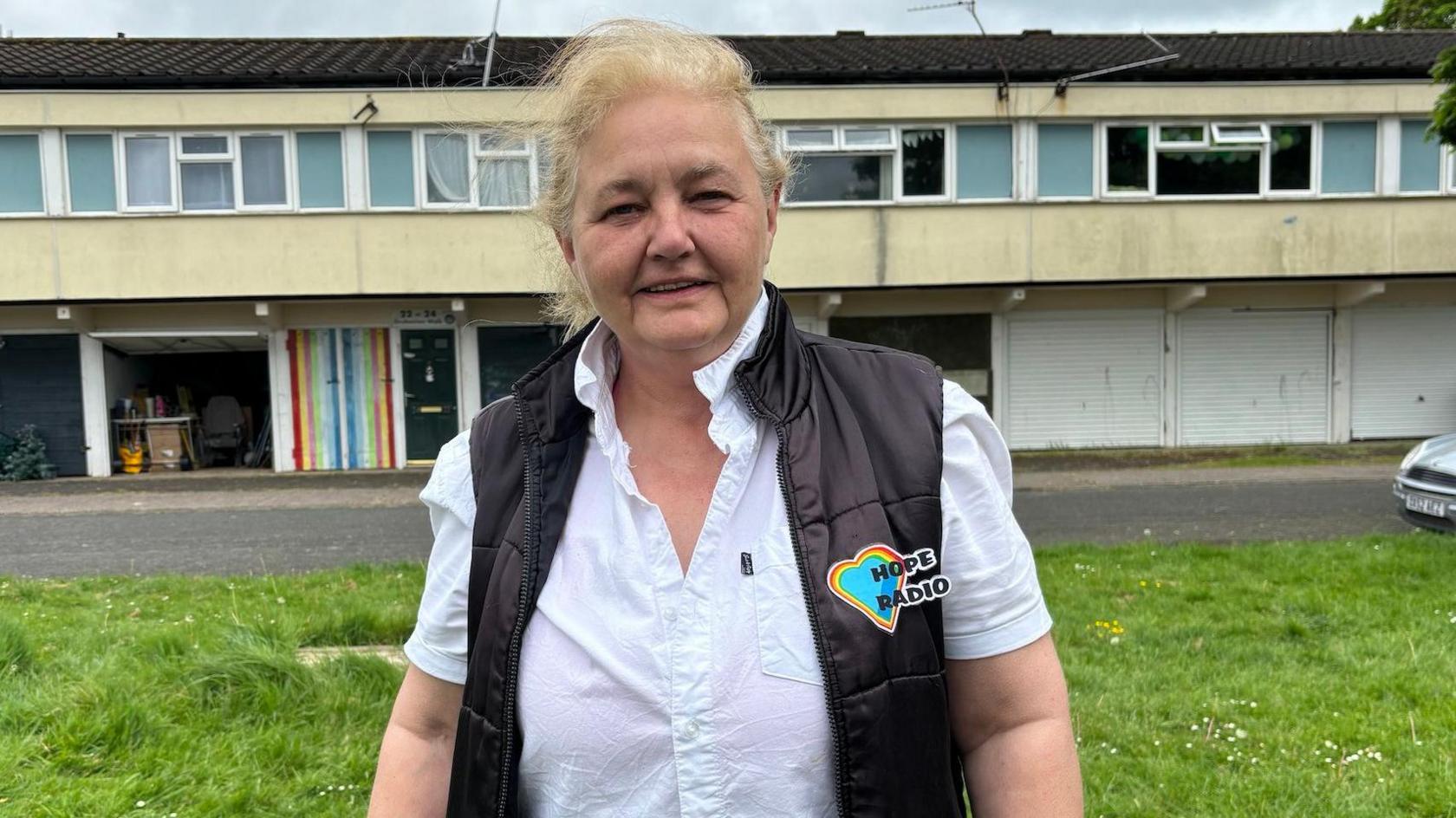
Peni Whelan said she feared Druids Heath would lose its sense of community
- Published
The destruction of community and people being priced out of the area they have lived in for decades - these are the fears voiced by residents after regeneration plans were unveiled for their housing estate in Birmingham.
The transformation of Druids Heath, which was recently the backdrop for BBC drama This Town, has been in the pipeline for generations.
Peni Whelan said plans to demolish 1,800 homes and replace them with 3,000 new ones would be the death of the estate’s history and culture, while others said they faced losing homes they had lived in all their lives.
Birmingham City Council said plans were still subject to an extensive consultation.
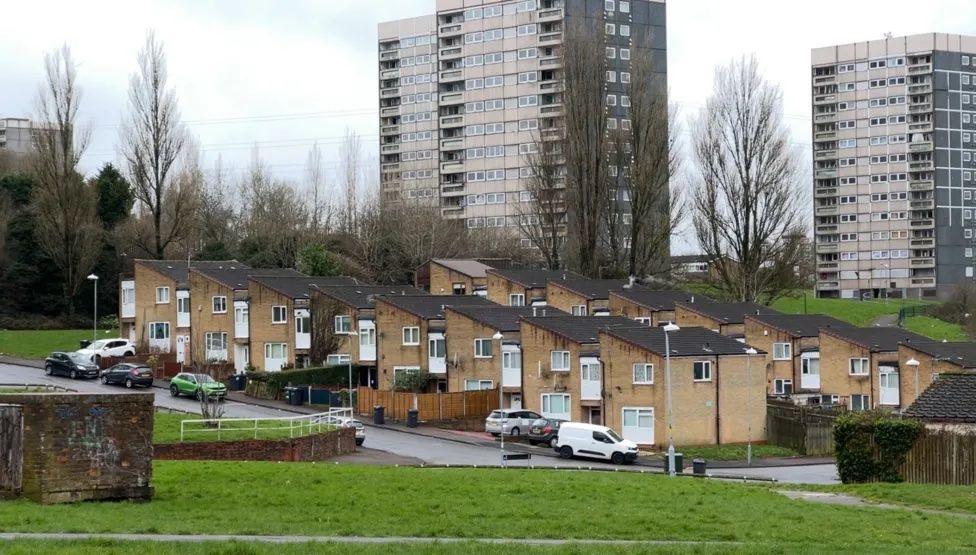
The towerblocks in Druids Heath were built in the 1960s
Artists' impressions unveiled two weeks ago showed the authority's vision for the estate, with the homes due to be built with higher specifications alongside more green space.
All the homes in the south and north east of the estate will be demolished in several phases that will take up to 20 years to complete.
Ms Whelan, who runs the community radio station Hope Radio, said people would not be able to afford to move back once the work was complete.
"It's not a regeneration. It's a demolition," she told the BBC.
'Pretty pictures and promises'
"It's a destruction of an entire community. People here love their houses, families live here and there is a sense of community that has been built since the 1960s.
"All our history, culture, connections - our network will die."
The 56-year-old said when the demolition began, locals would be "dispersed".
"As far as we’re concerned it's pretty pictures and promises," she added.
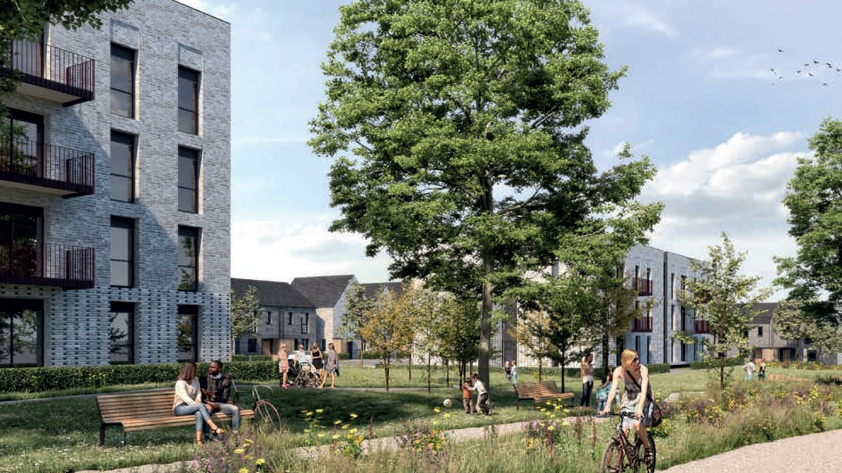
Visions of a new-look Druids Heath have been shared
David Pitt, whose property is included in the third phase of the demolition, said he was worried about losing his family home.
"I've lived here all my life, my parents moved in here in 1967 when the house was brand new," the 53-year-old said.
"I'm worried and stressed because I don't want to move.
"This is my family home and there are no concrete promises on whether I'll be able to come back."
The former carpenter, who lives on Manningford Road, said the plans were "daunting" and questioned whether there would be enough social housing for him to come back to.
When asked whether the plans could have a positive impact on the community, he said: "When its completed, it will be an area everyone will want to live in - but will we be even be able to afford it?".
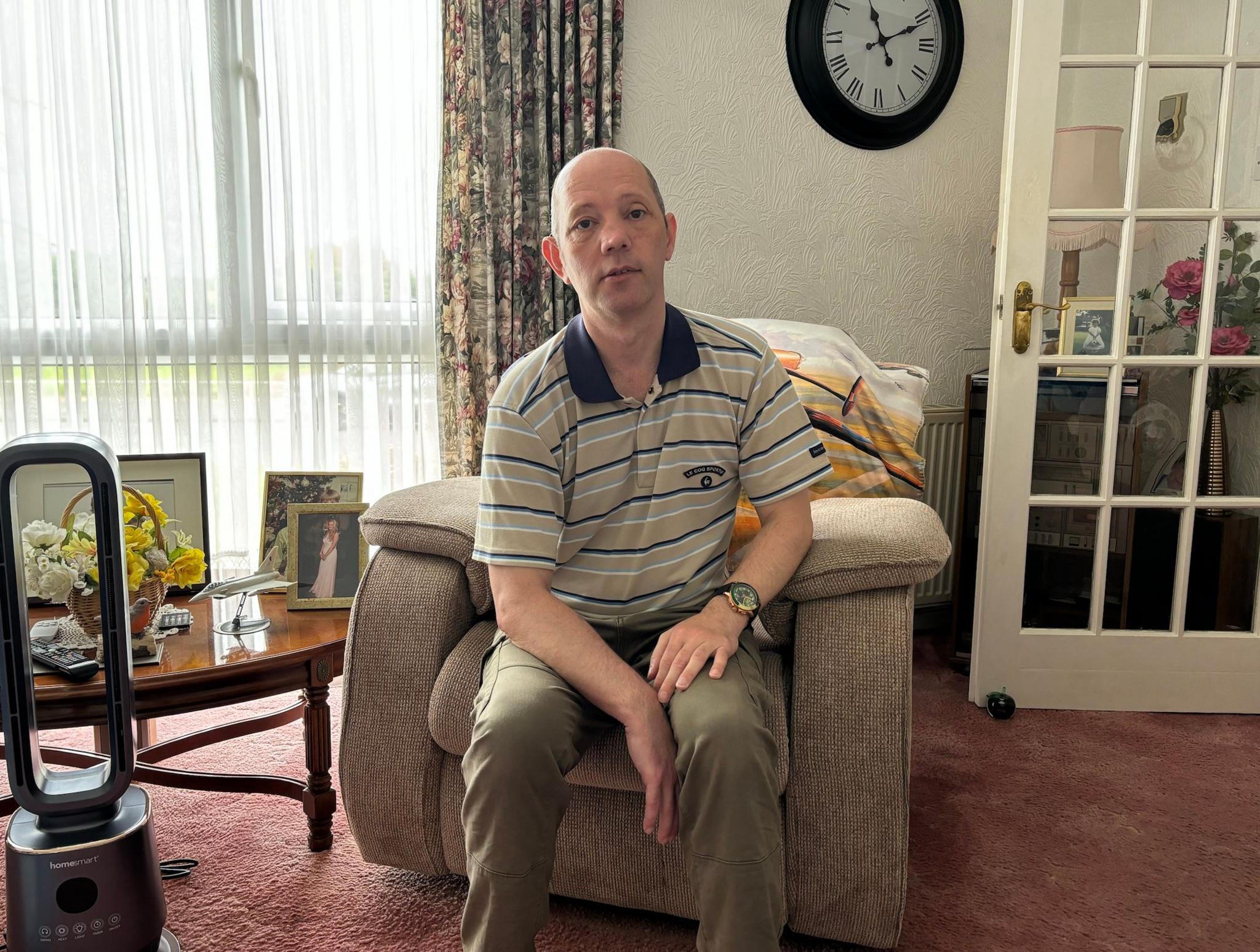
David Pitt, 53, said he was stressed about giving up his family home
'Worried to death'
Birmingham City Council's initial plans to demolish the estate's tower blocks were approved by its cabinet six years ago.
But one resident said plans for its transformation had been around for much longer.
Pat Hollinshead, who has lived on the estate since 1986, said: "We've had promises about the regeneration since my daughter was 18 months old.
"She's 45 years old now and still nothing's been done."
The 68-year-old, who runs Manningford Community Centre, said that while she backed the council's plans for change, the timescale was concerning.
"I agree with the plans - they’re lovely. But by the time they’re done, I’ll be kicking up the daisies.
"People around here are worried to death."
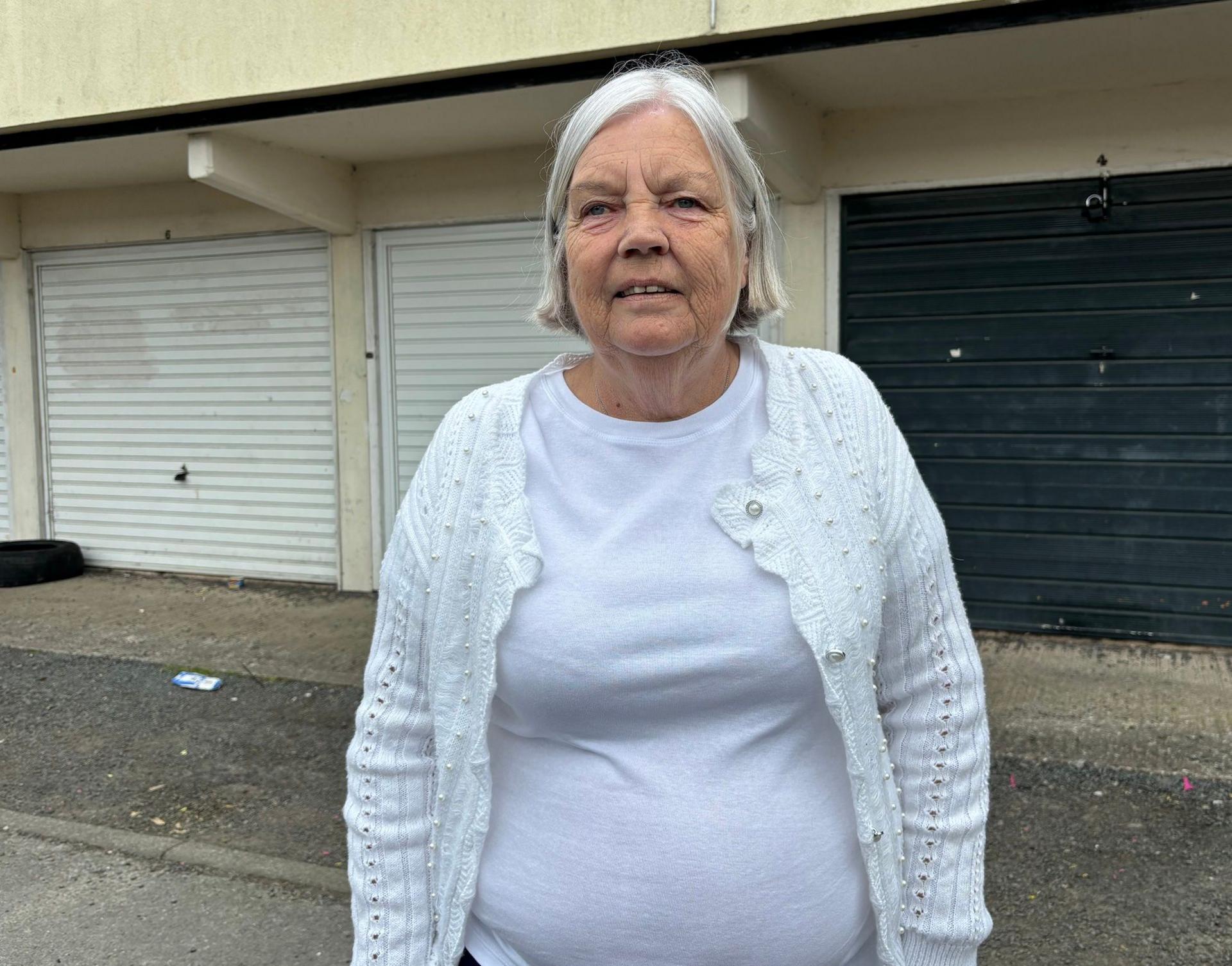
Pat Hollinshead, 68, said people were worried about how long the work would take
'Forgotten for decades'
Julien Pritchard, Green Party councillor for Druids Heath & Monyhull, said: "When I saw the plans I was taken aback by the extent of the demolition being proposed, and so are many residents.
"Druids Heath absolutely needs investment, having been forgotten for decades.
"But the council has to do this regeneration with residents, not to them.
A spokesperson for Birmingham City Council said the current version of the masterplan was still only a proposal that was "subject to extensive consultation with the community of Druids Heath and costs are not yet finalised as a result".
On the funding behind the project, they added: "The regeneration will be part funded by the council.
"The council will need to seek additional investment to fund the regeneration by working with private sector developers as well as other partners like housing associations."
Related topics
More stories like this
- Published9 May 2024
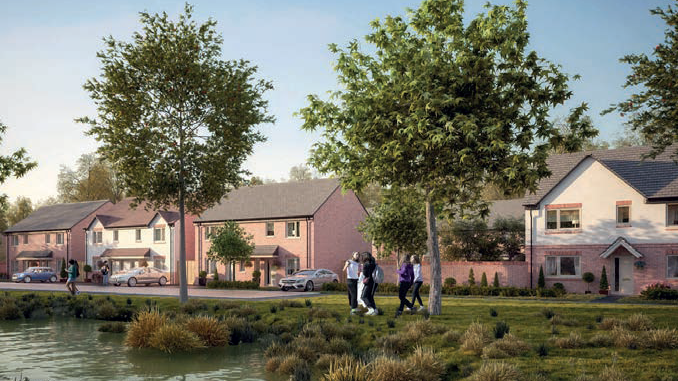
- Published5 March 2024

- Published29 March 2024
